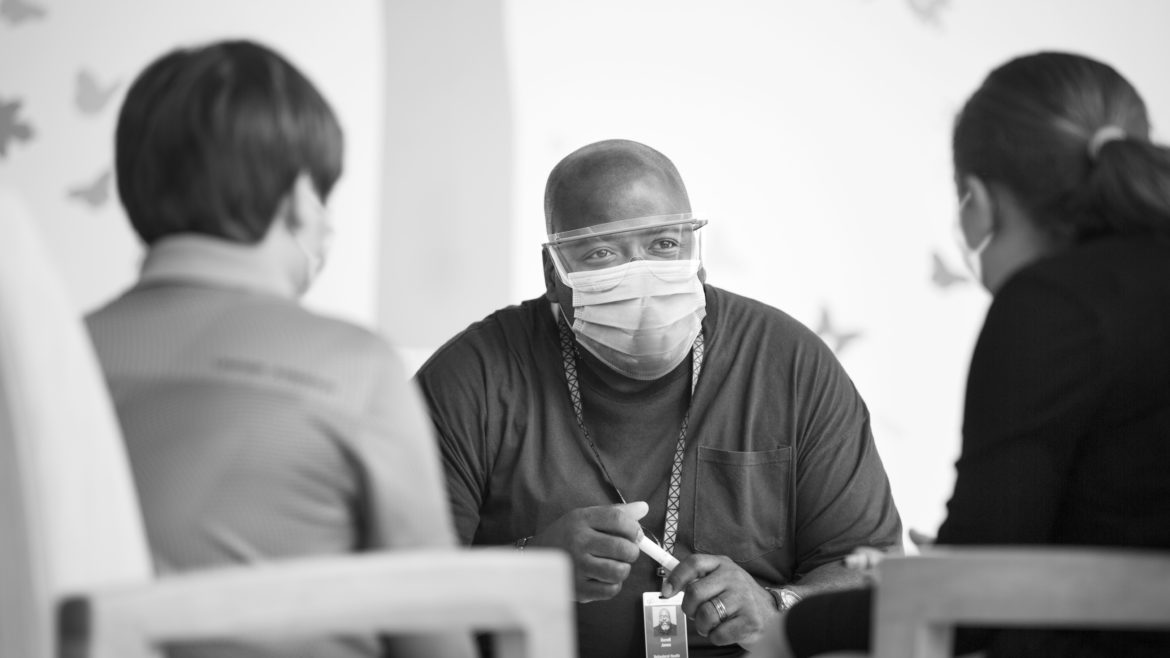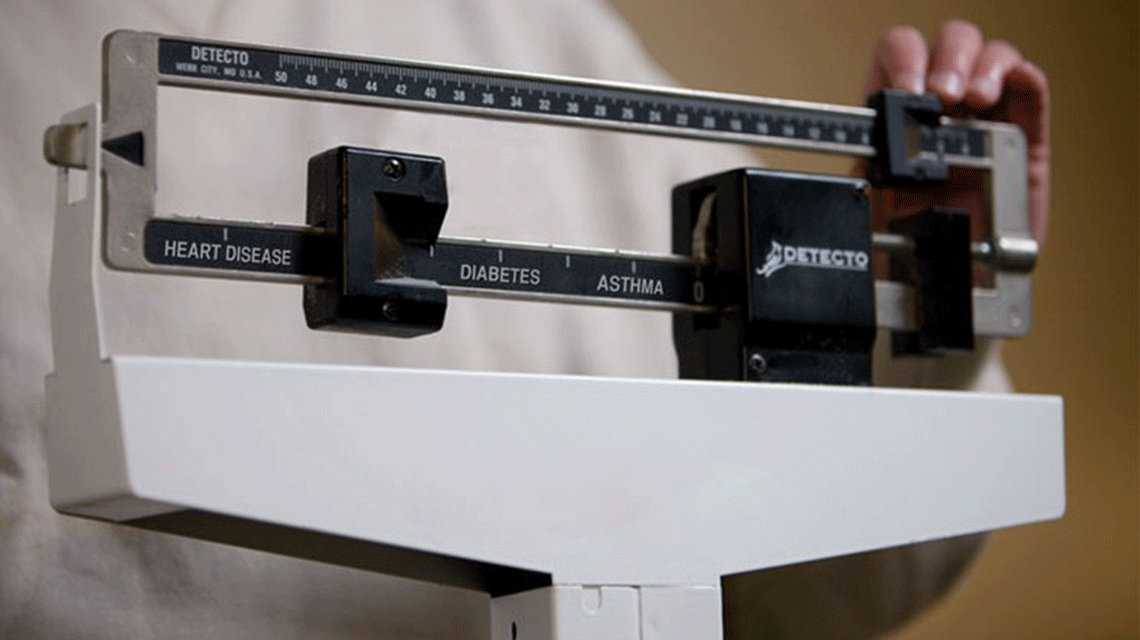Pediatric Obesity Can Be Treated Safely and Effectively
Pediatric Obesity Can Be Treated Safely and Effectively https://pediatricsnationwide.org/wp-content/uploads/2023/03/120611ds244-scale-header-1024x575.gif 1024 575 Abbie Miller https://pediatricsnationwide.org/wp-content/uploads/2023/05/051023BT016-Abbie-Crop.jpgNew guidelines from the American Academy of Pediatrics emphasize evidence for safe, effective treatment of pediatric obesity for long-term benefit of children and adolescents. More than 14.4 million U.S. children and adolescents have obesity, making it one of the most common chronic conditions facing American youth and families. Obesity is a chronic disease associated…





